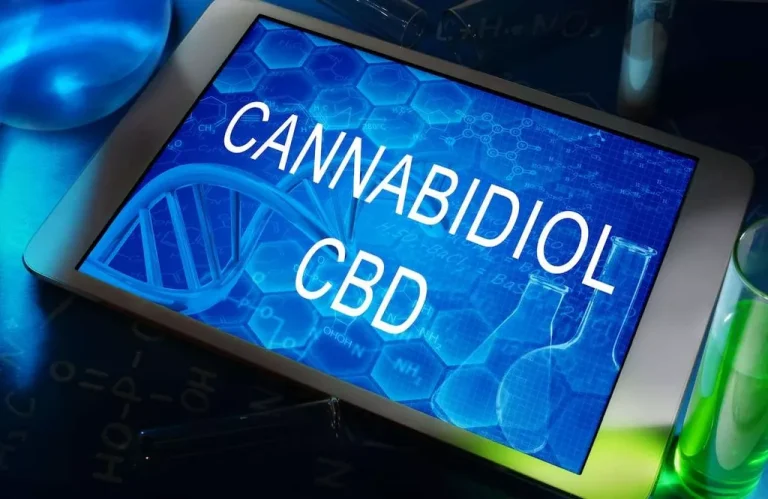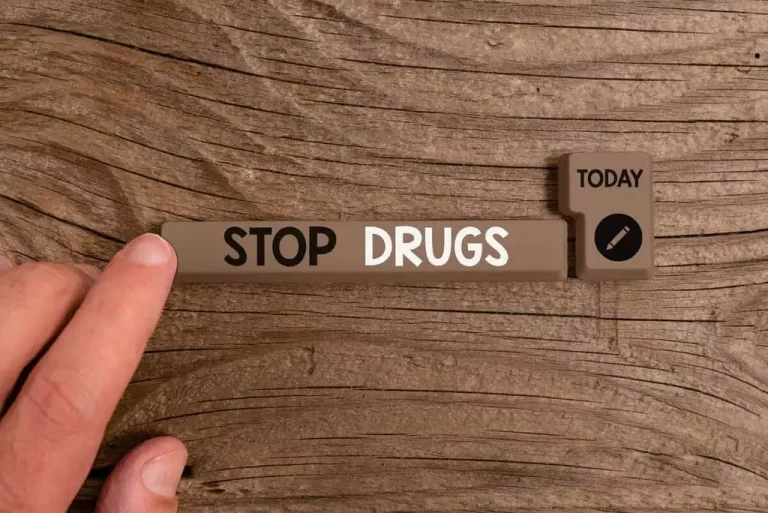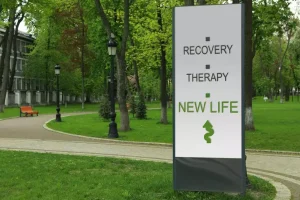
Some studies find exercise addiction linked with purging and other eating disorder behavior. It’s also been linked with financial, social, or medical problems in people experiencing it. This article explains behavioral addiction, how it differs from substance addiction, signs to watch for, and what to do if you or someone you love has a behavioral addiction. Addiction is a physiological or psychological need for a habit-forming substance, behavior, or activity.
- For example, a person may drink alcohol when they feel stressed but otherwise feel no compulsion to drink.
- As a consequence, the diagnostic category of “substance dependence” stayed with us through the DSM-IV, until it was dropped in 2013 in the DSM-5, along with the diagnostic category of “substance abuse.”
- If a substance harms you, your relationships, and your obligations, it’s most likely addiction.
Determining Whether You’re Dependent or Addicted

So unless it is urgent, gradually cutting down on the amount and how often you use it should make it easier. If you were addicted to the substance, just cutting down wouldn’t ordinarily work. Speak with your doctor if you develop a tolerance to your medication or any other substance.
Implications and Consequences
The term substance use disorder (SUD) is the preferred way of saying it in the scientific community. Since consistency is lacking, it’s important to establish some ground rules. Mark eventually develops a physical dependence on alcohol, as it’s an addictive substance. He decides to cut out this bad habit, but he soon starts drinking again. Now he drinks ten or fifteen beers every night, and he sometimes blacks out. Since he can’t stop even though he wants to, his dependence has turned into an addiction.
Gambling Addiction
It’s a grim scenario that unfortunately is found in many drug abuse cases year after year. Some people do well at home with regular doctor visits and support groups. And sometimes it takes more than one type of treatment to be successful. These https://ecosoberhouse.com/ programs are suited to individuals who have just completed an inpatient program and want to continue some form of therapy. Standard outpatient is also ideal for people who may be juggling other responsibilities, such as work or school.
As substance abuse becomes more frequent, the likelihood of developing a dependence disorder becomes greater. The difference between addiction and dependence can be difficult to understand. Some organizations have different definitions, use the words interchangeably or even abandon both terms altogether. (Substance use disorder, or SUD, is a preferred term in the scientific community.) Because of this lack of consistency, some ground rules can help differentiate between the two terms. Additionally, undiagnosed or untreated mental health issues, such as depression, can be a predictor of eventual reliance on substances for self-management of negative affective states. Dependence and abuse are defined in a way that measures the time and severity of substance use.
- Alcohol and drug treatment centers are well-equipped to assess your substance use and provide tailored, individualized recovery plans.
- As a person continues to use drugs, the brain adapts by reducing the ability of cells in the reward circuit to respond to it.
- This change also provided clarity, since previously, the definition of dependence was narrower and only referred to physiological dependence.
- By recognizing the distinct features of each condition, we can better support those affected and work towards prevention and recovery.
- The often euphoric effects of these substances can drive compulsive use, which in turn can lead to addiction.
A properly functioning reward system motivates a person to repeat behaviors needed to thrive, such as eating and spending time with loved ones. Surges of dopamine in the reward circuit cause the reinforcement of pleasurable but unhealthy behaviors like taking drugs, leading people to repeat the behavior again and again. It’s important to realize that addiction is a chronic disorder that can result in relapse. You can be addicted without being dependent and be dependent without having an addiction.
How Is Recovery.com Different?
- People tend to use the words “addiction” and “dependent” interchangeably to describe a person’s behavior when engaged in a certain activity, as well as the results of the behavior when it leads to a physical illness.
- However, the most recent edition of the DSM no longer creates this distinction.
- People used to believe that addiction only happened in certain areas, like in inner cities, or among specific groups of people, like those who were down and out.
- Remember, recovery is possible, and seeking help is a sign of strength and courage.
- Not only are millions of Americans struggling with substance use disorder, but in 2014 alone, there were more than 45,000 overdose deaths, over half of which involved prescription opioids and heroin.
Substance use becomes the main priority of the addict, regardless of the harm they may cause to themselves or others. An addiction causes people to act irrationally when they don’t have the substance they are addicted to in their system. Distinguishing between these concepts is essential in recommending the right treatments. Addiction recovery can involve addressing both physical and psychological health.


By recognizing the distinct features of each condition, we can better support those affected and work towards prevention and recovery. If you or someone you know is struggling with addiction or dependence, don’t hesitate to reach out for help. Many resources are available, including the best addiction recovery podcast, support groups, and professional treatment programs. Remember, recovery is possible, and seeking help is a sign of strength and courage. Remember, you are not alone, and there is always hope for a better future.
Addiction can impact every aspect of your life, starting with your mental health.10 Substances change your brain, and might contribute to co-occurring disorders like anxiety and depression. These addiction vs dependence symptoms, along with other aspects of addiction, can interfere with your relationships. If you prioritize drug use over your colleagues or loved ones, you might face serious consequences.













